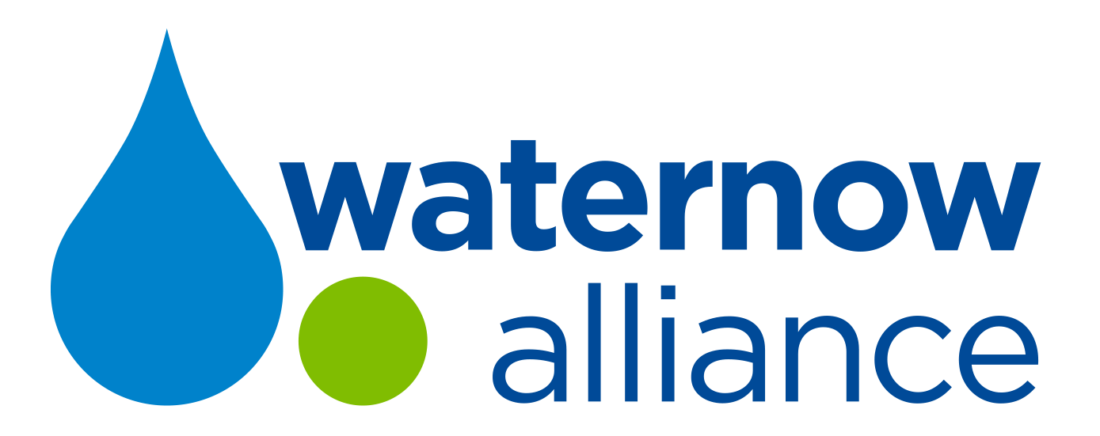This article was originally published on October 14, 2016 in the San Francisco Chronicle.
Today, along with more than 100 other elected and municipal water leaders, we are asking the White House to support local efforts to promote water-use efficiency, reuse and green infrastructure solutions in our communities.
As cities and towns across the West have risen to the challenge of conserving water in the face of historic drought, consumer rebate programs have grown significantly and have been imperative to our success. However, these rebates may be considered taxable income by the Internal Revenue Service, a clear financial disincentive and one that could seriously undermine conservation efforts.
We applaud the Obama administration’s leadership in encouraging adoption of conservation innovations, hosting the first ever national Water Summit earlier this year. Now we ask them to continue to lead by working with the IRS to clarify, as swiftly as possible, that the local rebate programs are not taxable.
Local water utilities account for 85 percent of water spending in California. Our ability to provide clean and reliable drinking water faces growing challenges from drought, storm water runoff, aging infrastructure, rising costs and more. Consumer rebates are among our most cost-effective and efficient tools for increasing water supply resilience, limiting pollutants in waterways, and keeping water affordable for all ratepayers.
These incentives support installation of low-water irrigation technology for businesses and homes, water efficient indoor appliances, leak detection devices to cut down on waste, rain gardens, green roofs and other green infrastructure that uses plants and soils to manage storm water runoff, and more.
Taken together these decentralized solutions have the potential to provide huge savings to our communities and our ratepayers.
Water rebate programs are limited to repayment for specific out-of-pocket expenses that benefit the community far more than the consumers themselves. Requiring recipients to pay taxes on these reimbursements represents a financial penalty, and thus discourages consumer participation in the very programs we need to collectively meet our water-conservation and drought-resilience objectives.
Various legal theories support our position that the IRS has discretion not to tax water rebates. For example, there is an exemption for energy rebates. Given the direct relationship between water conservation and reduced electrical use, the energy exemption itself can be understood to cover water rebates.
However, the IRS has not yet put this policy into effect, or issued a moratorium on taxing water rebates while the lawyers hash out the details. From our perspective as local water leaders, it is critical that this issue gets resolved as we head into a new water year (October through September) that may well again turn out to be drier than normal. The IRS should provide clarity for water utilities and their customers.
In May, Gov. Jerry Brown issued an executive order promoting the concept of “water conservation as a way of life.” This is a worthy and important goal, not only in the Golden State, but beyond. Imposing federal disincentives on the means to get there is a bad idea. We hope the Obama administration will heed this message and remedy the situation as swiftly as possible, in keeping with its commitment to support the spread of sustainable water innovation in our communities.
Bob Baker is the mayor of San Clemente and Art Levine is the president of the Board of Water Commissioners of the Long Beach Water Department.
